 At the end of a long summer the thought of falling temperatures this winter is enough to send a shiver through the spine, but it could be the amount you’re unnecessarily spending on heating your holiday home that leaves you feeling decidedly chilly. We take a look at a few simple ways to increase the energy efficiency in your holiday let property, and in doing so, lower those winter costs.
At the end of a long summer the thought of falling temperatures this winter is enough to send a shiver through the spine, but it could be the amount you’re unnecessarily spending on heating your holiday home that leaves you feeling decidedly chilly. We take a look at a few simple ways to increase the energy efficiency in your holiday let property, and in doing so, lower those winter costs.
Loft Insulation – Save a potential £160 a year
Most people will be aware that hot air rises. If you’re yet to insulate your loft space it will be rising straight out of your holiday home. The Department for Energy and Climate Change has this year claimed that homes across the UK waste £500 million pumping heat into poorly insulated loft space.
Whilst you will incur expense insulating your loft, the average saving could be as much as £160 a year, meaning you’ll have a speedy payback period, and a saving that will continue into the future.
Insulating Cavity Walls – Save a potential £180 a year
Are your cavity walls insulated? If not, you may be prompted to act if you knew that uninsulated walls account for a third of all heat loss in your holiday home, and filling them could save you as much as £180 a year.
As with loft insulation, there is an initial installation cost, but the benefits of insulated walls will far out way your investment in the long term.
Look to Eco Appliances
Whilst you won’t be able to control the amount of times your guest boils the kettle, you will be able to make a drastic difference to their energy consumption by making effective decisions when buying appliances.
The average running cost of a fridge can vary from as little as £13 per year to as much as £92; a staggering 150% difference!
Choose carefully and pay close attention to energy efficiency ratings when purchasing new additions to your holiday home. The savings from efficient kitchen appliances, televisions, stereos and alike around your property will quickly add up.
Upgrade your boiler
How long has your boiler been in your holiday home? Many will be surprised to find that older boilers could be adding £200 to your energy bills. Rated from A to G, with A being the most energy efficient, if yours is on the wrong end of the scale it could be time to upgrade and enjoy the savings over the next few years.
Plug the gaps
We’ll finish with perhaps the simplest and quickest way to increase the energy efficiency of your holiday home; covering the areas through which heat can escape. Whilst installing double-glazing around the property will obviously have a marked impact on efficiency, you should also consider hanging thick curtains, and also look to address any drafts around doorways.
The simplest solutions are often the best, these 5 ways to increase Energy Efficiency in your Holiday Let include easy fixes that will ensure your property stays warm, without unnecessary expenditure.
Boshers offer specialist holiday home insurance to owners across the UK. For more information on how a specialist insurer can help and support your holiday home business, please give us a call on 01237 429444.
You may also find the following posts of interest:

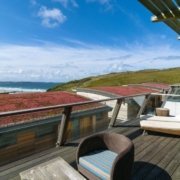
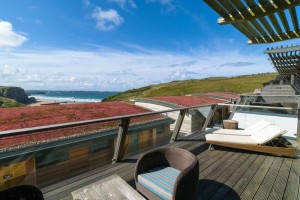 Many holiday cottages across the country have taken a greener approach to tourism in recent times, adopting new technologies such as solar and biomass to power and heat their holiday homes.
Many holiday cottages across the country have taken a greener approach to tourism in recent times, adopting new technologies such as solar and biomass to power and heat their holiday homes.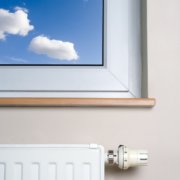
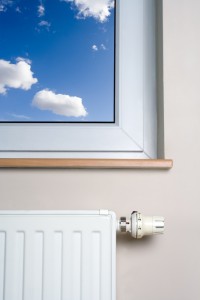 With September drawing to a close one of the busiest periods of the year for holiday home owners many may expect this to be a time of reflection; to look back on one of the warmest June and July’s on record, to bask in the glory of increased bookings or to simply have a well earned rest.
With September drawing to a close one of the busiest periods of the year for holiday home owners many may expect this to be a time of reflection; to look back on one of the warmest June and July’s on record, to bask in the glory of increased bookings or to simply have a well earned rest.
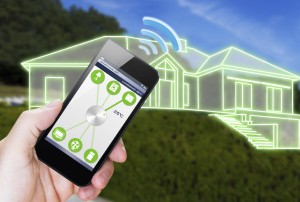 As a nation we’ve embraced technology more than most; one in four of us now own a tablet, an item that was not in existence just four years ago!
As a nation we’ve embraced technology more than most; one in four of us now own a tablet, an item that was not in existence just four years ago!
 Do you know how many light bulbs there are in your holiday home?
Do you know how many light bulbs there are in your holiday home?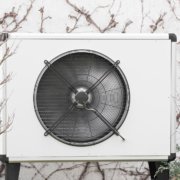
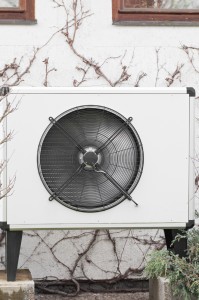 When you say the words ‘renewable energy’ for most the mind will immediately be trained on solar panels and wind turbines. One technology that has perhaps garnered less attention than others is the air source heat pump, which uses the warmth from the air surrounding a
When you say the words ‘renewable energy’ for most the mind will immediately be trained on solar panels and wind turbines. One technology that has perhaps garnered less attention than others is the air source heat pump, which uses the warmth from the air surrounding a 
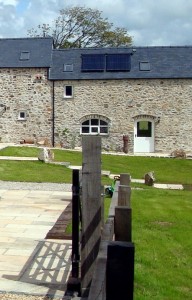 In recent years solar energy has grabbed perhaps more headlines than any other renewable technology. Creating energy from the sun is an attractive proposition; particularly for
In recent years solar energy has grabbed perhaps more headlines than any other renewable technology. Creating energy from the sun is an attractive proposition; particularly for 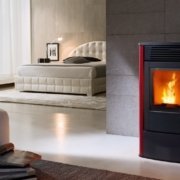
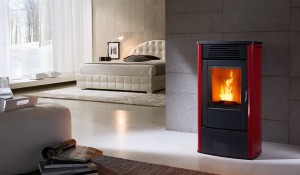 Biomass – the benefits and pitfalls for heating your holiday home
Biomass – the benefits and pitfalls for heating your holiday home
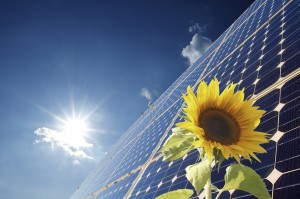

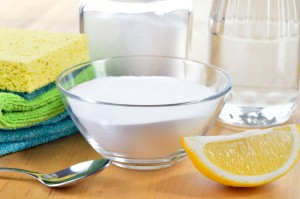 The benefits of using natural cleaning products around your holiday home
The benefits of using natural cleaning products around your holiday home